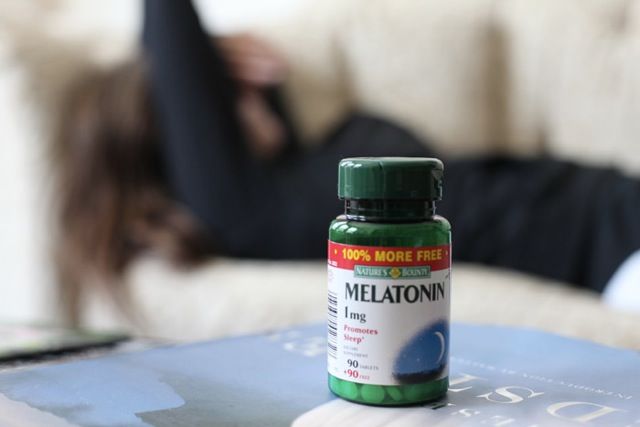
Breaking Down The Sodium Drama: A Low Sodium Diet
- Oct 28, 2024
Everyone's losing their heads over sodium – it's a vital mineral, an essential electrolyte, but in copious amounts, it's also a ticket to Hypertension-ville and KidneyDiseaseLand. On the average street of the American diet, sodium is the loud neighbor who doesn't know when to quiet down. To decibel-lower the sodium uproar, some turn to the low-sodium diet, a nifty routine that strictly monitors daily sodium intake, aiming for a quieter life with fewer health qualms.
Recipes in this diet exclude the usual sodium-bomb suspects: processed snacks, deli meats, condiments, salad dressings, bread, and focus on fresher, less manipulated grub like fruits, vegetables, and fresh meats. The typical American shovels down 2,000 to 5,000 milligrams of sodium per day, and a conscientious dive well below the guideline of 2,300 milligrams per day can do us all a world of good.
But take note, not everyone can have the same sodium bath routine. Those suffering hypertension might need to drain their sodium intake further than someone with slightly elevated blood pressure. Always consult your healthcare provider before leaping into the low-sodium river.
Low-sodium diets come with perks – they can help tackle high blood pressure, heart, and kidney diseases – but they're not necessarily a hammer for all health nails. Over-enthusiastically trimming down sodium couldleave healthy individuals in a sodium shortfall. So, before getting all scissor-happy with your sodium intake, chat with a healthcare provider to ensure you're dialing down sodium safely.
Reducing your sodium intake isn't a voodoo ritual that requires the banishing of every flavorful food. Plenty of culinary delights come blessedly low in sodium. However, counterbalancing it with the careful selection of low-sodium foods is crucial. Remember, life (and your diet) is a delicate ballet, balanced on the tightrope of nutritional wisdom.
So, let's not declare sodium an outright enemy. Yes, it's omnipresent in the less-than-optimal processed foods, and yes, too much of it can solicit health problems. But rather than a draconian banishment, let's aim for a more diplomatic approach – restraint, discretion, and balance.






